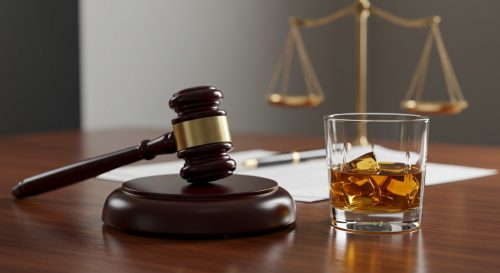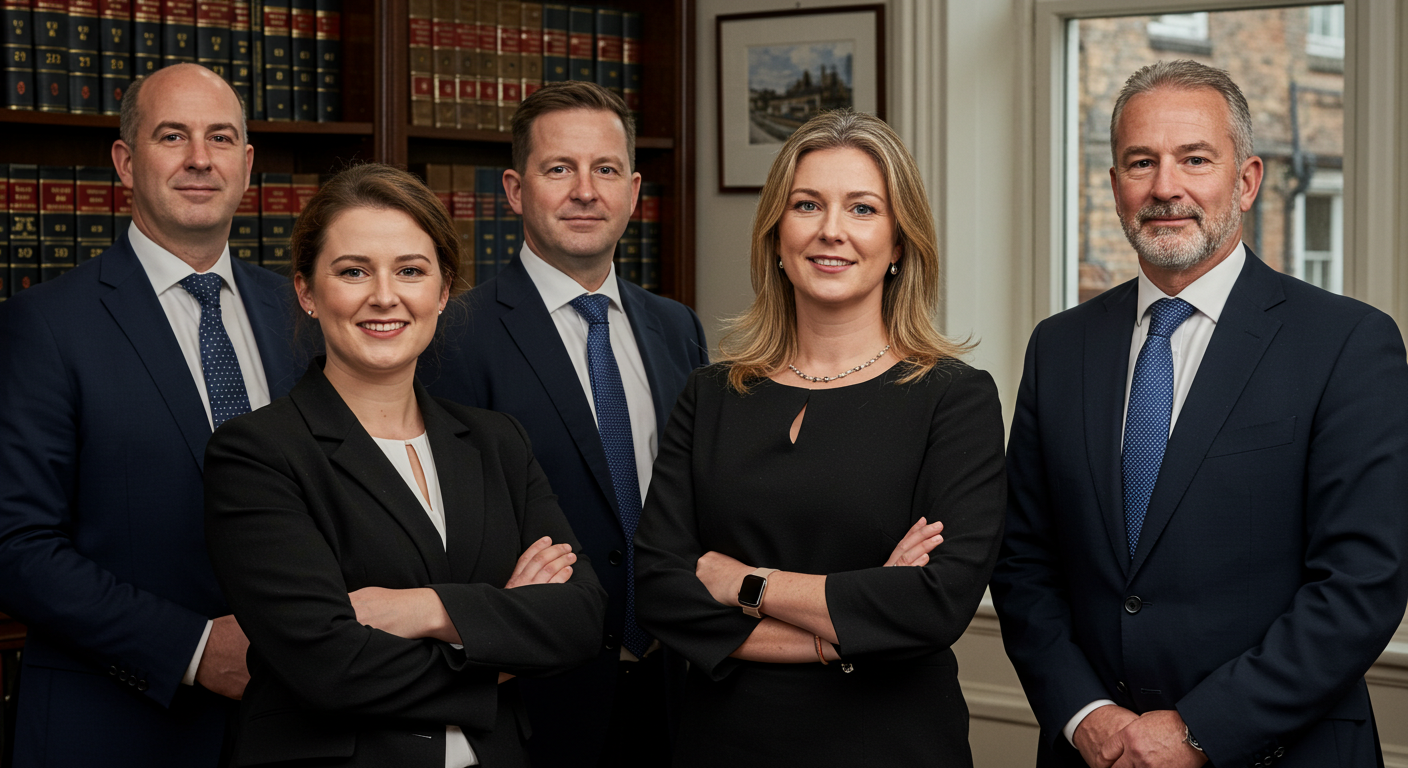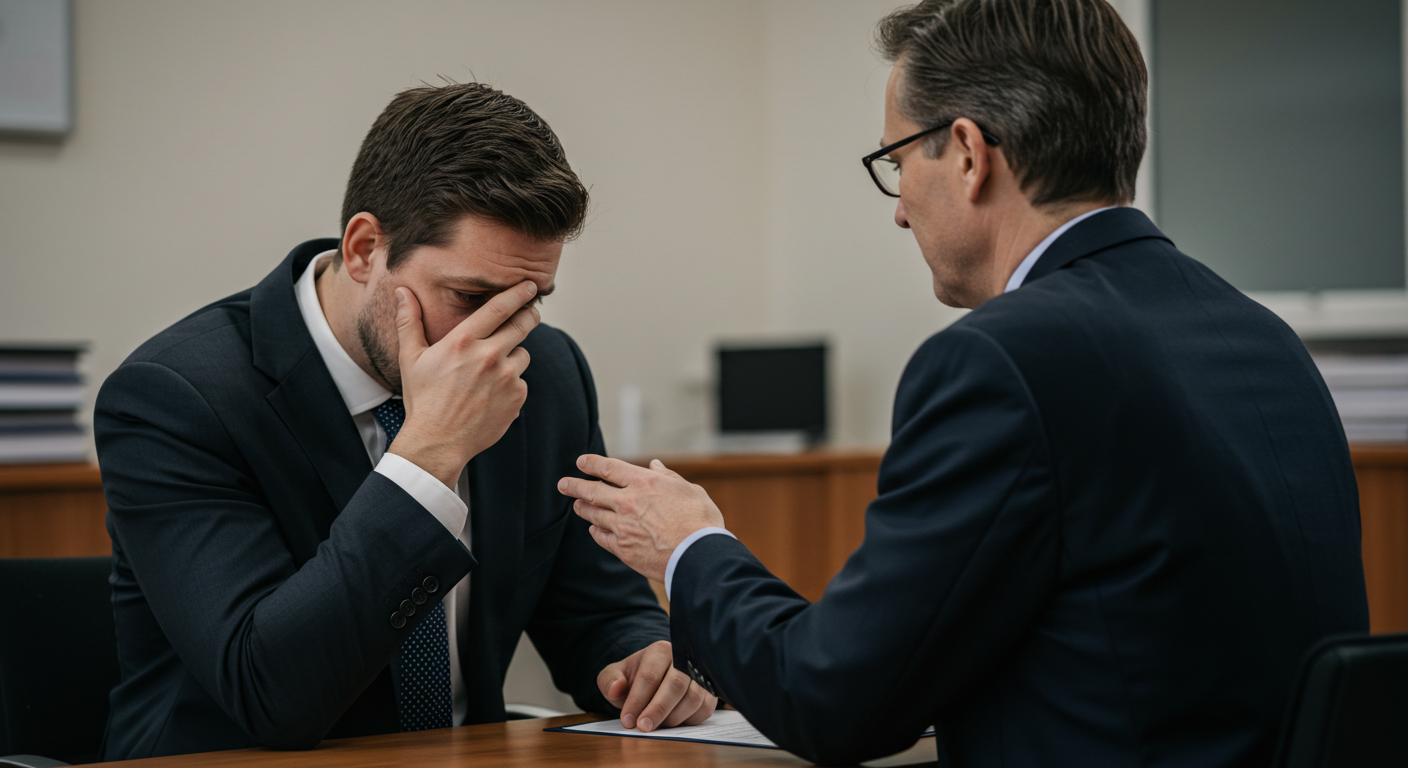Intoxication in Criminal Defence: A Detailed Legal Analysis and the Imperative of Professional Legal Advice in England

Intoxication in Criminal Defence: A Detailed Legal Analysis and the Imperative of Professional Legal Advice in England
The defence of intoxication in criminal law within England presents a multifaceted legal challenge. This comprehensive analysis explores the intricate role of intoxication in criminal defence, delineating between voluntary and involuntary intoxication, examining its applicability in different types of criminal charges, and underscoring the indispensable role of legal advice.
The Legal Standing of Intoxication as a Defence

English law is particularly discerning when considering intoxication as a defence to criminal charges. The distinction between voluntary and involuntary intoxication is pivotal:
- Voluntary Intoxication: This involves scenarios where an individual has consciously consumed alcohol or drugs. In most cases, voluntary intoxication is not recognised as a valid defence, especially for crimes that require only general intent. However, there are notable exceptions, particularly in offences requiring a specific intent. For such crimes, if the accused’s level of intoxication was so severe that it precluded the formation of specific intent, this could potentially negate criminal liability.
- Involuntary Intoxication: In contrast, involuntary intoxication encompasses situations where an individual becomes intoxicated without their knowledge or consent. The defence is more likely to be accepted in such cases, especially if it can be demonstrated that the intoxication rendered the individual incapable of forming the necessary mental state or intent required for the commission of the crime.
Application in Different Offences
The relevance of intoxication as a defence varies significantly based on the nature of the offence:
- Crimes of Basic Intent: For offences that require basic intent, such as assault, the threshold for using intoxication as a defence is high. The law typically views voluntary intoxication as an act of recklessness, paralleling the reckless nature often associated with basic intent crimes. Consequently, the defence of intoxication is rarely successful in these cases.
- Crimes of Specific Intent: For more grave offences that demand specific intent, like murder, the impact of intoxication on the accused’s mental state becomes crucial. If the defendant was so intoxicated that they were incapable of forming the specific intent necessary for the crime, this could be a significant aspect of their defence strategy. However, the court examines such claims thoroughly, considering the degree of intoxication against the required elements of the crime.
The Necessity of Legal Advice

The complexities surrounding the intoxication defence in English law make the role of legal advice critical:
- Legal Expertise: A solicitor can demystify the intricacies of how intoxication impacts criminal liability, offering clarity tailored to the specifics of the case. This includes differentiating between levels of intent and how intoxication affects each.
- Formulating a Defence Strategy: Developing a defence involving intoxication is a delicate process. A solicitor can help in gathering evidence, including medical or expert testimony, to support claims of intoxication and its impact on the defendant’s mental state at the time of the offence.
- Effective Court Representation: Experienced legal representation in court is invaluable. A solicitor can articulate the defence, integrating the intoxication factor into the broader context of the alleged crime, and challenge any misconceptions or biases related to intoxication.
- Guidance Through Legal Proceedings: The criminal justice system can be daunting, with procedural nuances and legal complexities. A solicitor ensures that the defendant navigates these processes correctly, upholding their rights and advocating for a fair hearing.
Conclusion: Navigating Intoxication in Criminal Defence

In England, the role of intoxication in criminal defence is a legal area fraught with complexities. Its effectiveness as a defence varies significantly depending on the type of intoxication and the nature of the alleged offence.
Given the intricate nature of these legal principles, securing professional legal advice is crucial. A solicitor’s expertise ensures that the unique aspects of the case are comprehensively addressed and that the defence strategy is effectively conveyed within the framework of the law.
For those facing criminal charges where intoxication is a factor, seeking legal counsel is not just advisable but essential for navigating the legal challenges and ensuring a just outcome.
Notice: Informational Content Disclaimer
The content provided on this website, including articles, blog posts, and other informational materials, is intended for general informational purposes only. It is not intended as, and should not be considered, legal advice.
Visitors to this website should be aware that the information presented here is not a substitute for seeking legal advice from a qualified solicitor or legal professional. Each individual's legal situation is unique, and the information provided may not be applicable to specific circumstances.
If you require legal advice or have specific legal questions, we encourage you to contact us directly. Our experienced team of solicitors is here to assist you with your legal needs and provide tailored advice to address your concerns.
Please be advised that any communication through this website, including the use of contact forms or email, does not create a solicitor-client relationship. Confidential or time-sensitive information should not be sent through this website. To establish a solicitor-client relationship and discuss your legal matters in detail, please contact us for a consultation.
We strive to provide accurate and up-to-date information, but we make no representations or warranties regarding the accuracy, completeness, or suitability of the information contained on this website. We shall not be liable for any reliance placed on the information provided herein.
Thank you for visiting our website. We look forward to the opportunity to assist you with your legal needs.




